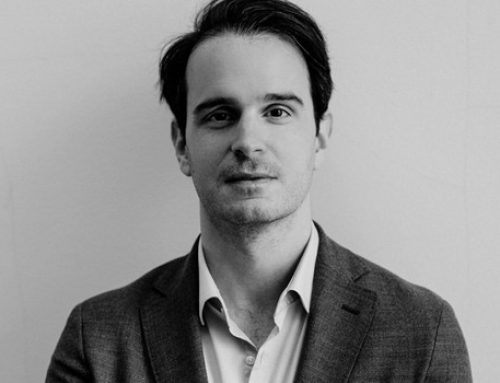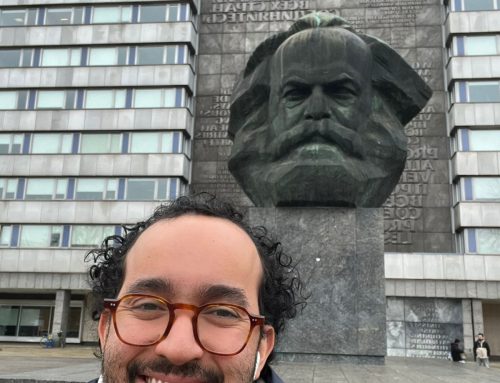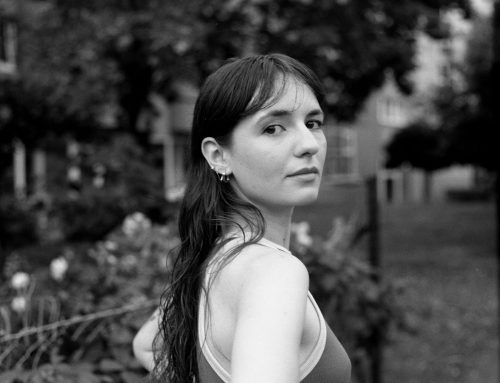Highly-Skilled Turkish Migrants’ Search for Alternative Diaspora Spaces in Europe: How They Build (Digital) Social Networks Beyond the ‘Culture of Rejection’
“This research explores Europe-based highly-skilled Turkish migrants’ everyday-life experiences in; a) work places, b) wider social community and, c) wider Turkish diaspora community. The project focuses on the narratives of individual identity vis-à-vis the general group identity (i.e. Turkish diaspora in their respective European host society and the host society) and how they build/maintain alternative social networks based on such perceptions, social statuses and professions. The research focuses on the highly-skilled Turkish community in Germany, Sweden and Netherlands, wherein Turkish diasporas are dominant. The study explores the production of alternative diaspora spaces in migrants’ social environments and digital spheres through mixed methods (i.e. life-story interviews, surveys, digital ethnography). The premise is, highly-skilled migrants experience cultural rejection from the Turkish diaspora groups, hence look for ways to culturally integrate themselves to the wider European society. Theoretically, the aim is to establish ‘alternative diasporas’ as a concept wherein individuals have more contested feelings/attachments towards their native communities and ‘given’ identities whilst they pursue the interest of connecting with others who share similar interests, lifestyles and ethics. The overall objective is to explore how these highly-skilled migrants blur/sharpen the boundaries of such in/out-group status with the native diaspora community and the host society.”
Nilay Kılınç is currently a research fellow at UNIRI CAS SEE in Rijeka. She obtained her PhD from University of Surrey and her MA in European Studies from Lund University. Her PhD thesis explored the Turkish-German return migrants’ quest for ‘search for self’ in the Mediterranean tourism hub of Turkey, Antalya. She recently completed a 10-month postdoc research fellowship at New Europe College, Bucharest wherein she focused on the deportation-wellbeing nexus for the second-generation Turkish migrants from Germany who had to force return to Turkey due to their youth crimes, and their self-healing and social integration practices.
The seminar was held on May 15, 2019 at the University of Rijeka Campus, Sveučilišni odjeli building (Ul. Radmile Matejčić 2, 51000 Rijeka).




